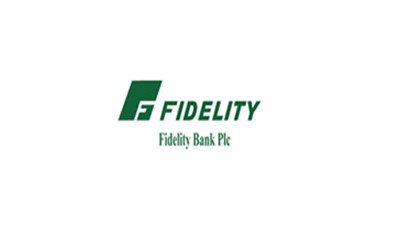A senior official of Fidelity Bank Plc has confirmed that the bank issued a $300 million 5-year Eurobond paying a 6.875 percent coupon and priced at a discount to give a 7 percent yield.
The official said the bond sale was completed on Thursday and that the Group Managing Director/Chief Executive Officer, Fidelity Bank, Mr Reginald Ihehiaji, was in London for that purpose.
Citibank and Deutsche Bank were joint lead managers on the deal.
Mr Ihejiahi explained that the planned bond was part of a funding drive for projects with dollar financing needs, including oil, power and infrastructure.
He added that Fidelity Bank raised the debt because of an increase in demand for foreign currency loans from its customers in all sectors of Nigeria’s economy especially within the oil and gas and telecom sectors.
The Bank is a mid-size (Tier 2) bank that is focused on the middle market of the Nigerian economy. Its capital adequacy ratio strength is 28.5 per cent as of September 2012.
Mr. Samir Gadio, Emerging Market Strategist at Standard Bank, said the issue price had been 99.48 percent and that the bond gives a spread over U.S. Treasuries (UST) of 635 basis points.
He added that fair value would have been between 6.5 percent and 6.75 percent yield, but said he expected the bond to perform well nonetheless, since the deal was not widely marketed and the global environment remains one of low global rates and ample liquidity.
“The feedback from global fixed income investors is that the deal was not widely marketed which explains why the order book may have been below potential.
“As such, a number of offshore accounts have yet to get familiar with the name and possibly involved in the secondary market.
“In this context, a slight drop in the bond’s price post-issuance actually represents a buying opportunity.
“Secondly, the Eurobond offers some decent yield pick-up in an environment characterised by low global rates and ample liquidity. On the sovereign side, these dynamics were clearly illustrated by the recent successful issuance of the Rwandese Eurobond,” said Gadio.
He also noted that the typical demand-supply mismatch for sub-Saharan Africa’s Eurobonds would most likely eventually result in further spread compression.
According to Gadio, the domestic bid from Nigerian financial institutions would squeeze supply as was the case with the GTBank and Access Bank’s US dollar bonds in the past.

